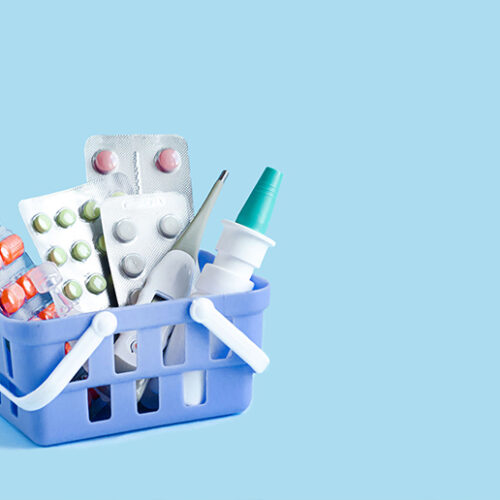What do our ovaries have to do with oral care?
Women have unique oral health concerns and are susceptible to issues triggered by hormones. Dr. Victoria Veytsman DDS, the Los Angeles and New York based cosmetic dentist who cares for many celebrity smiles, explains why our hormones can impact our mouth health, what to look out for, and the unique steps to care for women’s mouth health and prevent any lasting issues.

We know our ovaries are responsible for our reproductive health, but many women don’t realize that the ups and downs of our hormones during our menstrual cycles, pregnancy, and menopause can also have an impact on our mouths. Not forgetting oral contraceptives – they can lead to some serious oral health issues.
Did you know that women are more likely to develop gingivitis, cavities, and increased tooth sensitivity due to hormonal changes? Reports actually show that 60-75% of pregnant women suffer from gingivitis. In addition, if you are suffering from red, swollen, bleeding, or sensitive gums, hormonal birth control and pregnancy can actually be the culprit.
According to the June 2016 Journal of the American Dental Association, women who use oral contraceptives are nearly twice as likely to experience dry socket. Any hormonal changes that happen in our bodies, whether it be from pregnancy, PMS, menstruation, menopause or birth control, have an impact on our overall health and oral health.
Changing levels and fluctuations of estrogen and progesterone can affect oral health with progesterone having the potential to cause an exaggerated reaction to the toxins produced from plaque leading to yet more inflammation. The most changes in gums are seen in the first few months after starting birth control pills. Newer birth control pills have lower concentrations of the hormones lessening the inflammatory response of the gums to dental plaque.
According to studies, “the most common oral manifestation of elevated levels of ovarian hormones, as seen in pregnancy or oral contraceptive usage, is an increase in gingival inflammation with an accompanying increase in gingival exudate.”
Whatever happens in your body, also affects your mouth. The mouth-body connections involve birth control, pregnancy and all hormone changes. If you are pregnant and feel like your teeth have become weaker, you are absolutely correct! This may sound like your worst nightmare but is in fact a possibility.
Lastly, mouthcare during menopause is of utmost importance with unique steps that should be taken to avoid tooth loss. More than 1 in 4 post-menopausal women are likely to suffer from tooth loss within five years.
Dr. Victoria firmly believes that the mouth is the gateway to good health and has made it her mission to share her knowledge, specifically with women, because a healthy mouth supports overall wellness and that’s the true key to every woman’s beauty.
Here are some steps you can take to alleviate any oral health concerns:
- Visit your dentist regularly and keep your plaque levels as low as possible. Oral hygiene is key to minimizing the impact of hormonal dental issues.
- Wear a night guard if you need it to reduce stress on your teeth, especially if you are grinding them. Hormonal changes such as a decrease in natural estrogen can cause TMJ issues and this effect on the joint can increase grinding and stress on the teeth.
- Brush with an electric toothbrush, floss and mouthwash as part of your daily dental regime.
- As we see the mouth to body relationship, you must take care of your body holistically and in turn, it will have a positive effect on your oral health too. Enjoy proper nutrition, hydration, rest, exercise and stress management – they will all keep you smiling too!












Comments